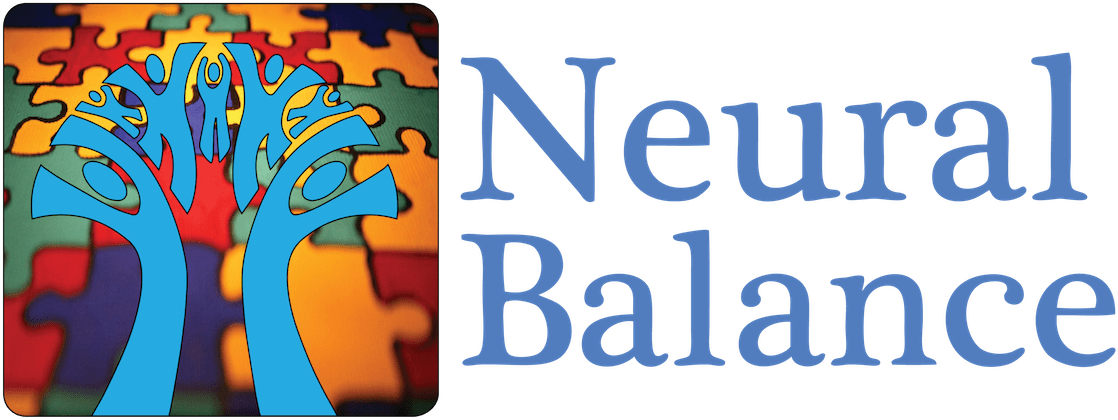
Every year on April 2nd, landmarks around the globe light up in blue, puzzle piece pins appear on jackets, and hashtags like #LightItUpBlue and #WorldAutismAwarenessDay trend across social media. But beyond the visibility and symbolism, what does World Autism Awareness Day really mean? And more importantly, how can we move beyond awareness into understanding and meaningful action?
Autism Spectrum Disorder (ASD) affects millions of individuals and families worldwide. The Centers for Disease Control and Prevention (CDC) now estimates that approximately 1 in 36 children in the United States is diagnosed with autism—a number that has steadily risen over the past two decades. Yet, for many outside the autism community, the condition remains widely misunderstood.
World Autism Awareness Day was first designated by the United Nations in 2007 to bring global attention to autism and to encourage member states to improve quality of life for those with ASD so they can lead full and meaningful lives. While increased awareness is a step in the right direction, understanding and inclusion are where true change begins.
So, in honor of this important day, here are three powerful things you can do to support people with autism—not just today, but every day.
- Listen First, Speak Second
So often, people with autism are spoken about instead of spoken to. Whether it’s a child in your neighborhood, a student in your class, or a colleague at work, take the time to get to know them on their terms. Autism is a spectrum, and no two individuals are alike. Some people are verbal, others are not. Some may crave social interaction, while others may find it exhausting. Start by listening—with compassion and patience. Ask parents or caregivers what works best for their child. Ask adults on the spectrum how you can best communicate with them or support them.
Tip: Avoid making assumptions. Eye contact, facial expressions, or lack of small talk may be differences in communication, not signs of disinterest.
- Rethink "Normal"
What may seem like “unusual behavior” to some—hand flapping, sensory aversions, or needing a quiet space—may be someone else’s way of coping with an overstimulating environment. Rather than judging, take a moment to consider what the world feels like from their perspective. Fluorescent lights, loud noises, strong smells, and sudden changes in routine can be overwhelming for those with sensory processing differences.
Inclusion doesn’t mean asking someone with autism to conform to a neurotypical mold. It means reshaping environments, expectations, and attitudes so everyone has space to thrive.
Tip: At schools, events, or public spaces, advocate for sensory-friendly zones. Ask if the venue has accommodations, and if not—help start the conversation.
- Spread Awareness That Leads to Action
We’ve all seen the blue lights and puzzle pieces, but what happens after April 2nd? Use your platform—big or small—to educate others about the realities of autism. Share personal stories, articles, and content created by autistic voices. Volunteer with or donate to organizations that provide services, therapies, and support for families. Help amplify voices in the autism community and advocate for inclusive policies in your schools, workplaces, and governments.
Tip: One small way to act? Reach out to a family raising a child with autism and offer practical support—whether it’s a meal, a kind message, or simply listening without judgment.
At Spectrum Research Group, we’re committed to supporting families navigating autism with tools, education, and compassion. From sharing parent stories to offering natural support solutions like Neural Balance, our mission is rooted in understanding—not just awareness.
Today, let’s move the conversation forward. Let’s light it up with empathy, respect, and action.
Because every person deserves to feel seen, heard, and valued—on the spectrum or not.
Happy World Autism Awareness Day.
To learn more about us or save on Neural Balance, CLICK HERE
